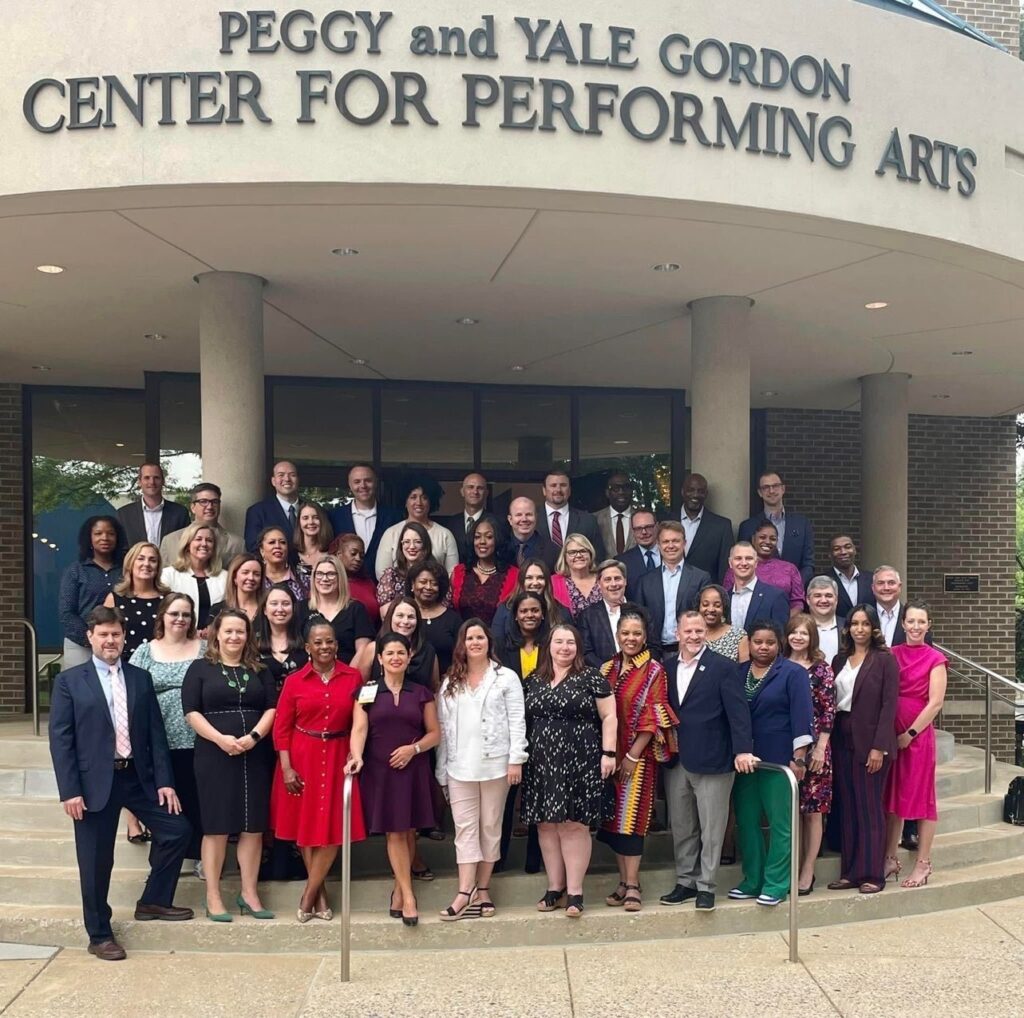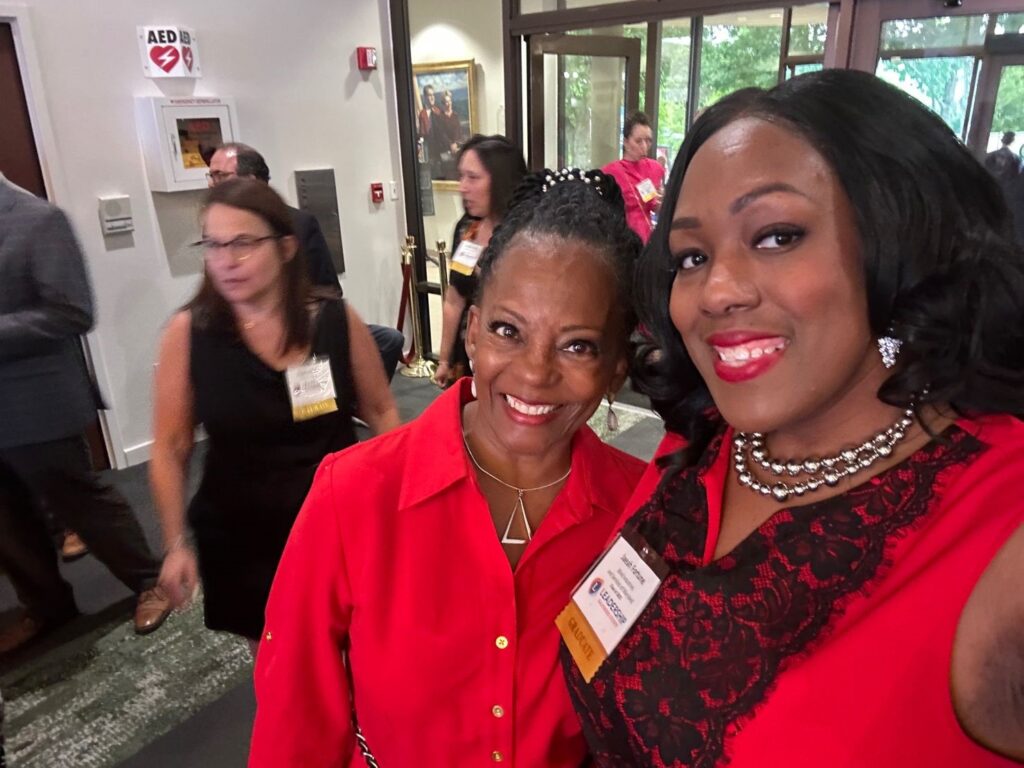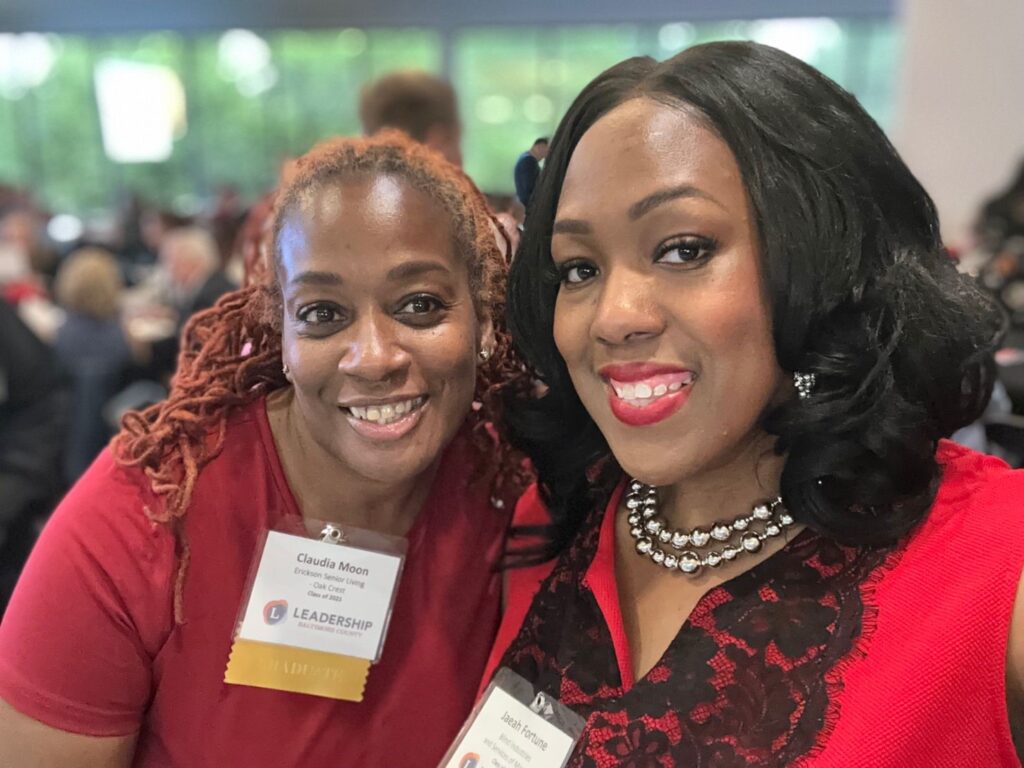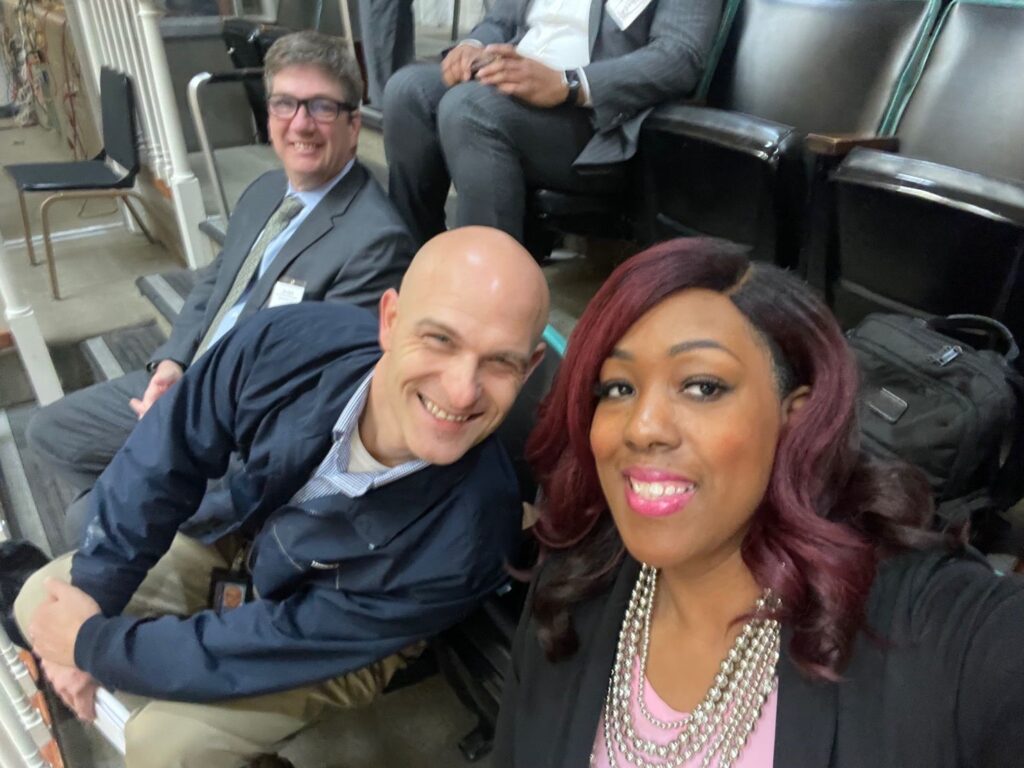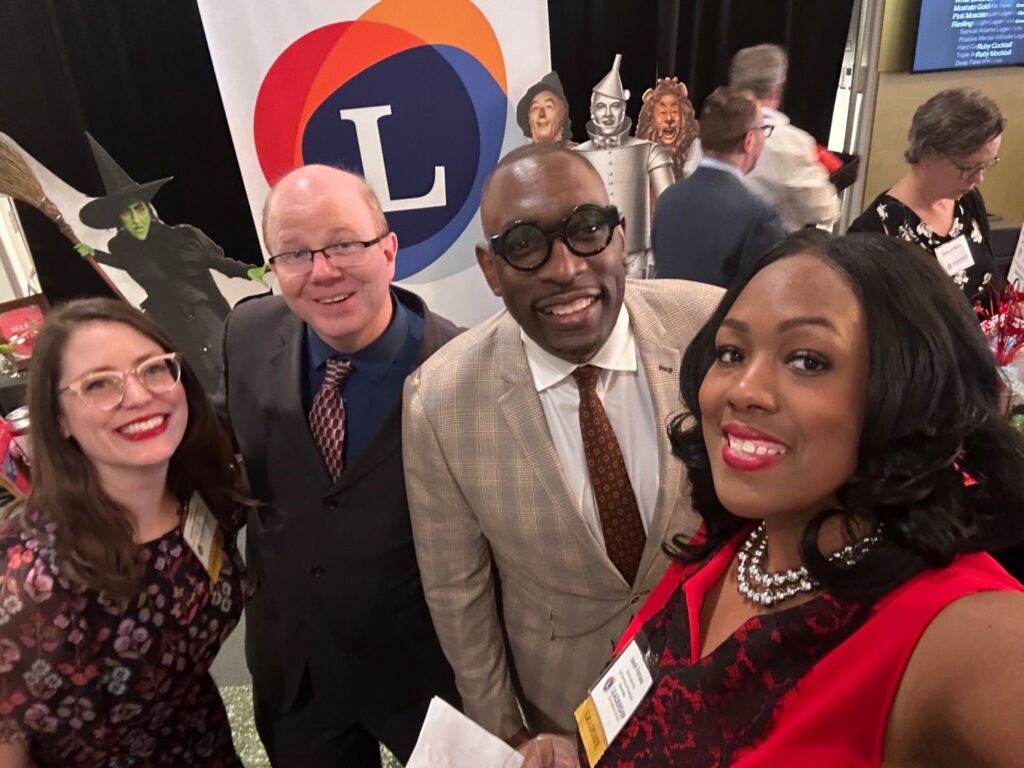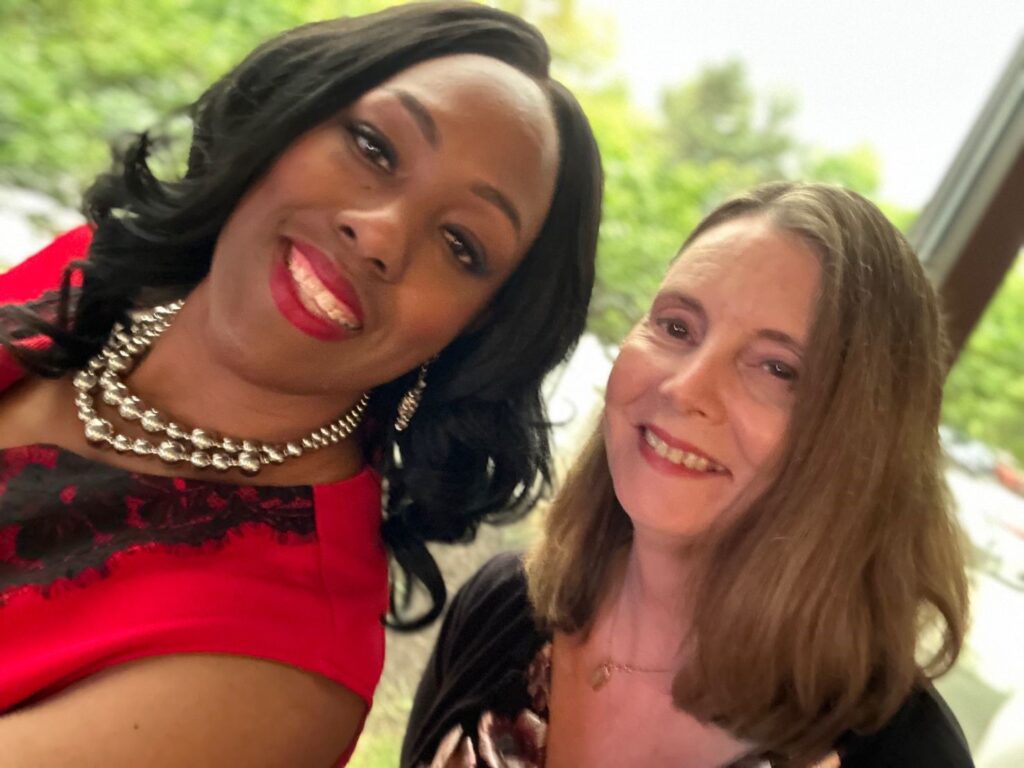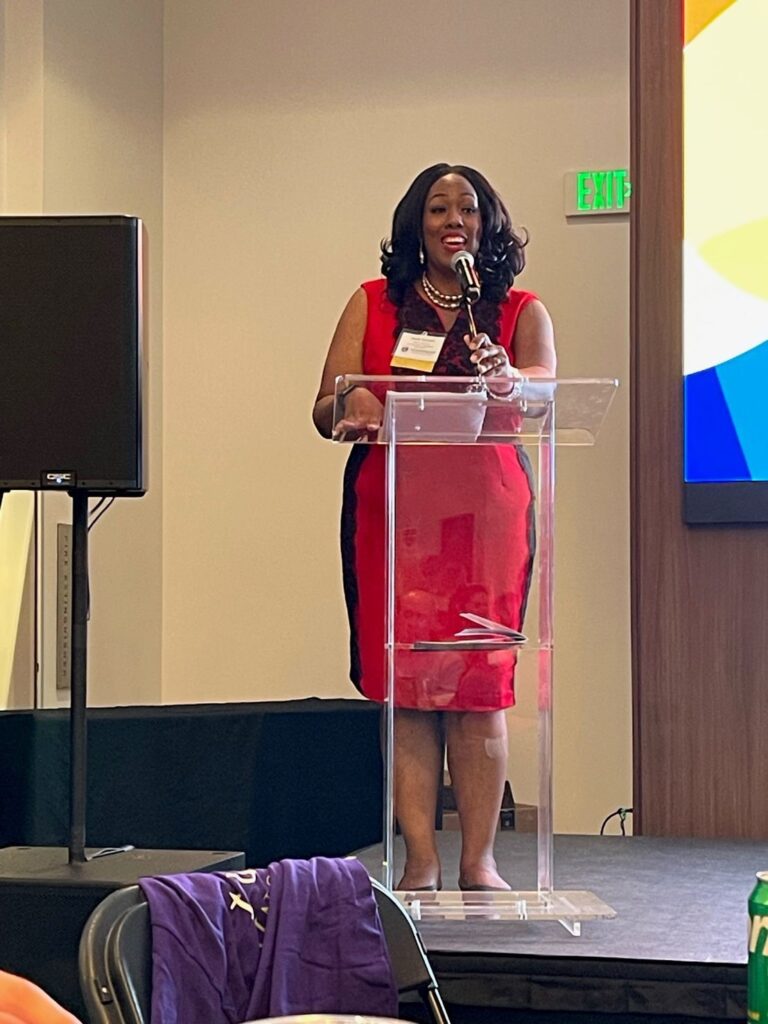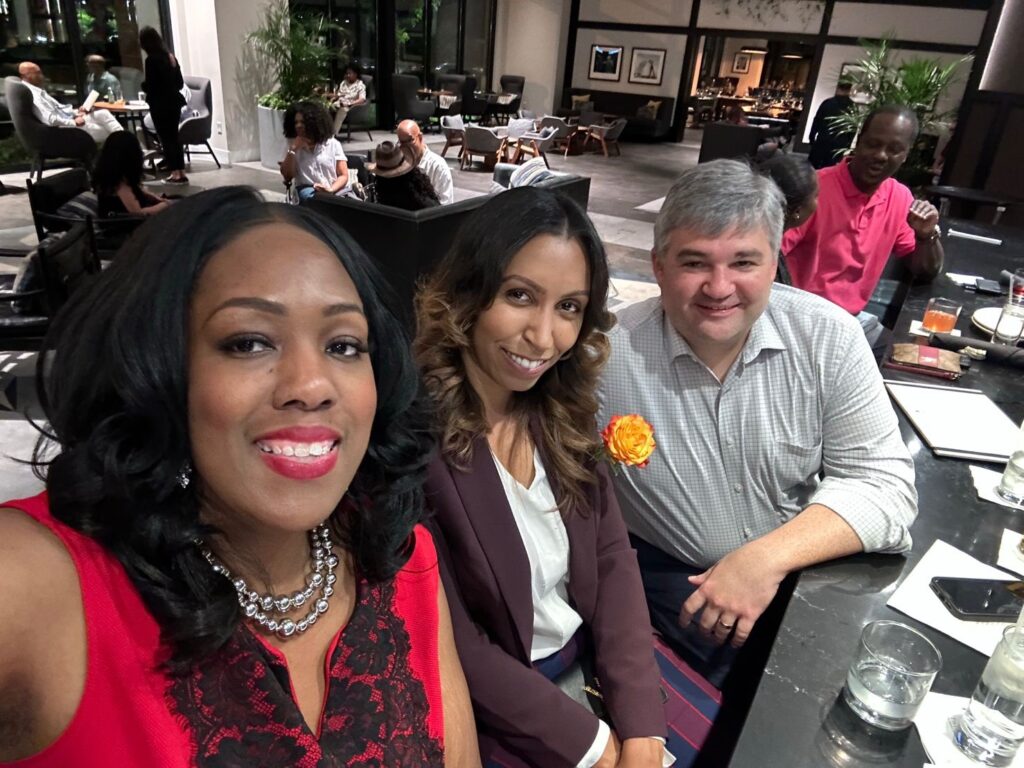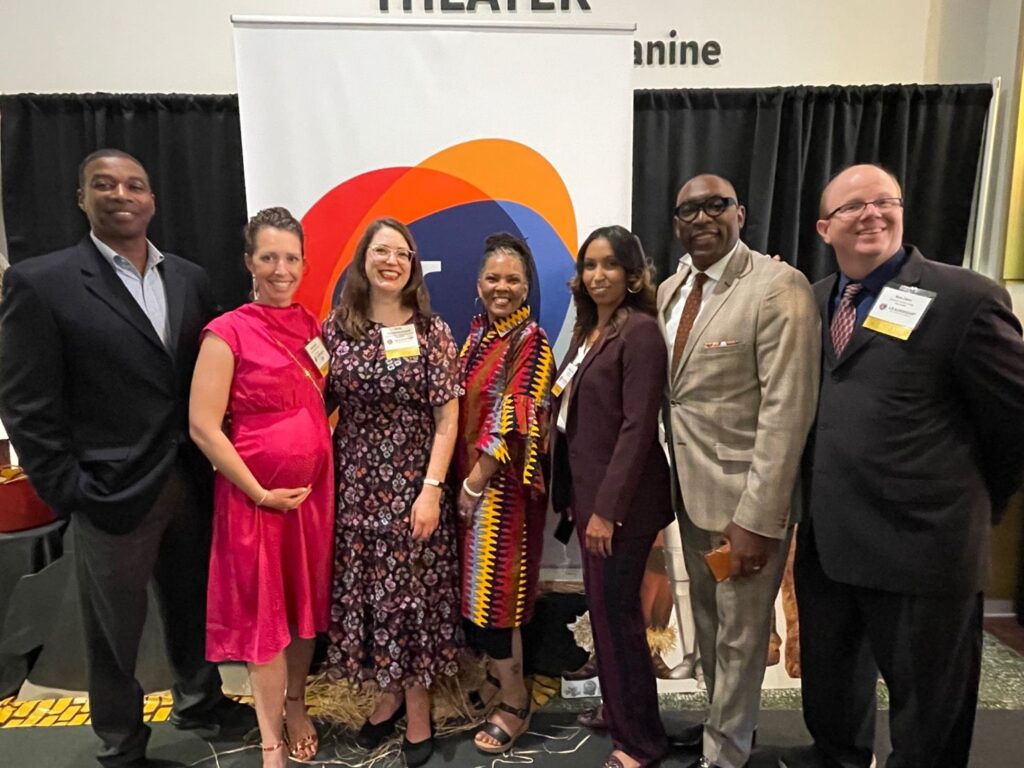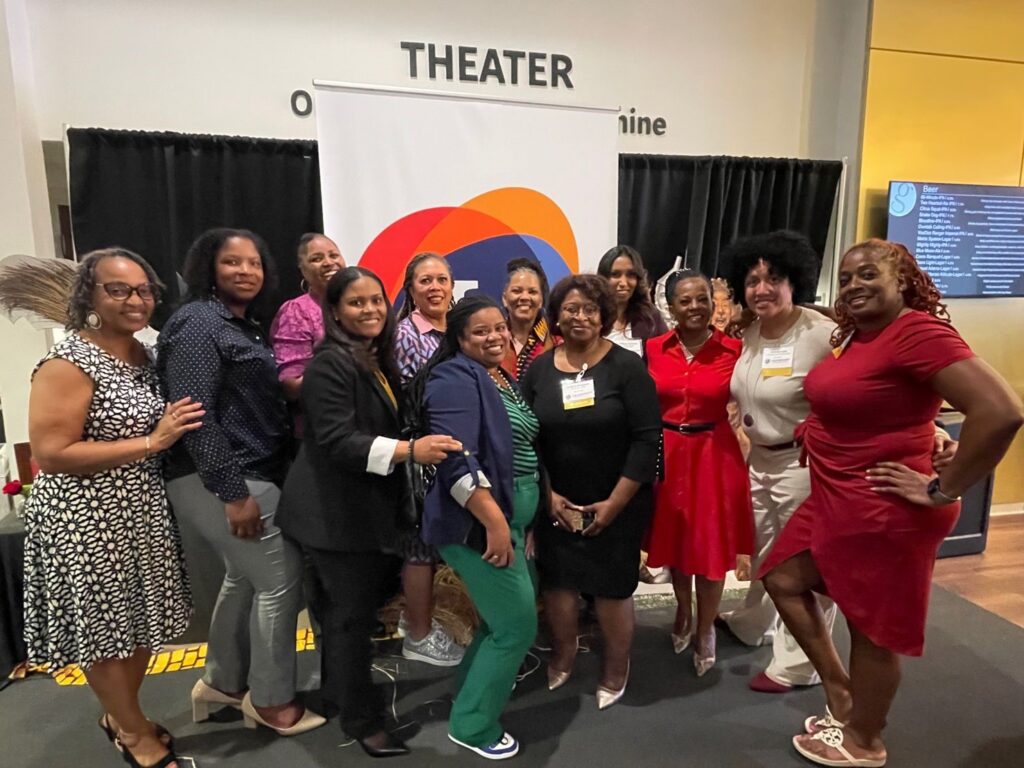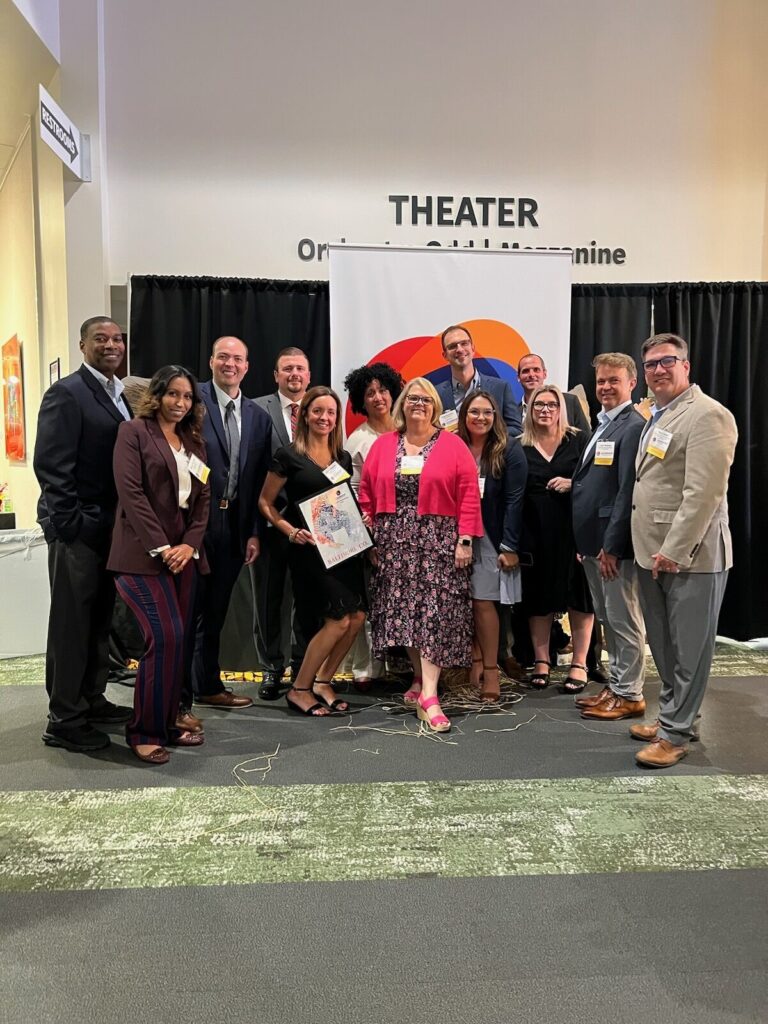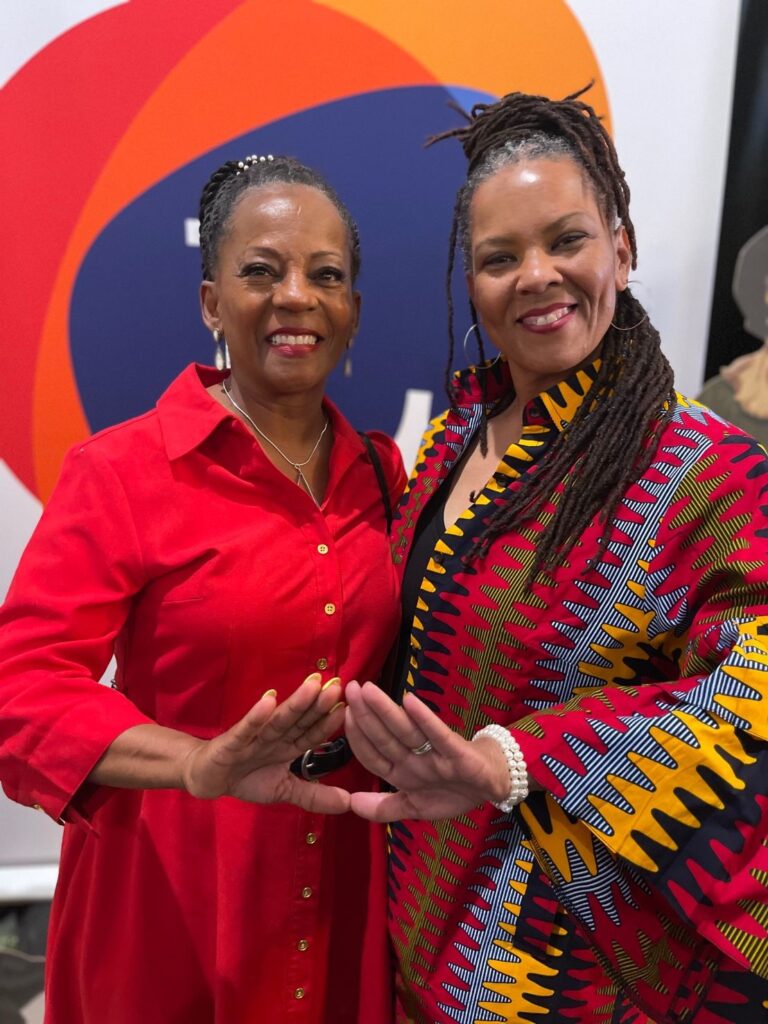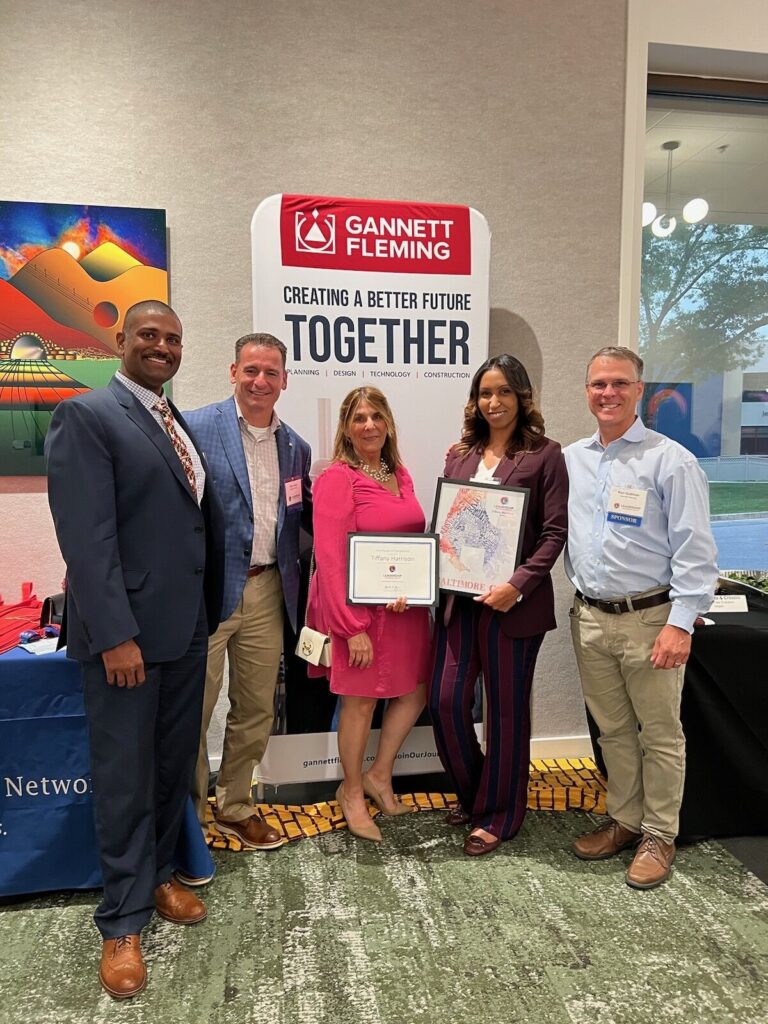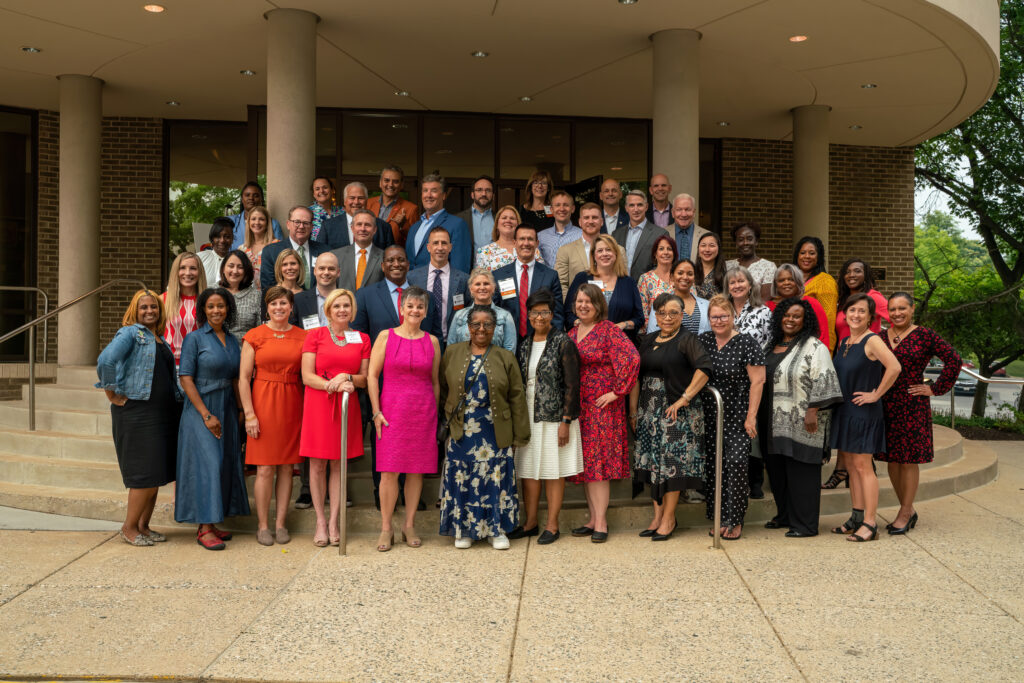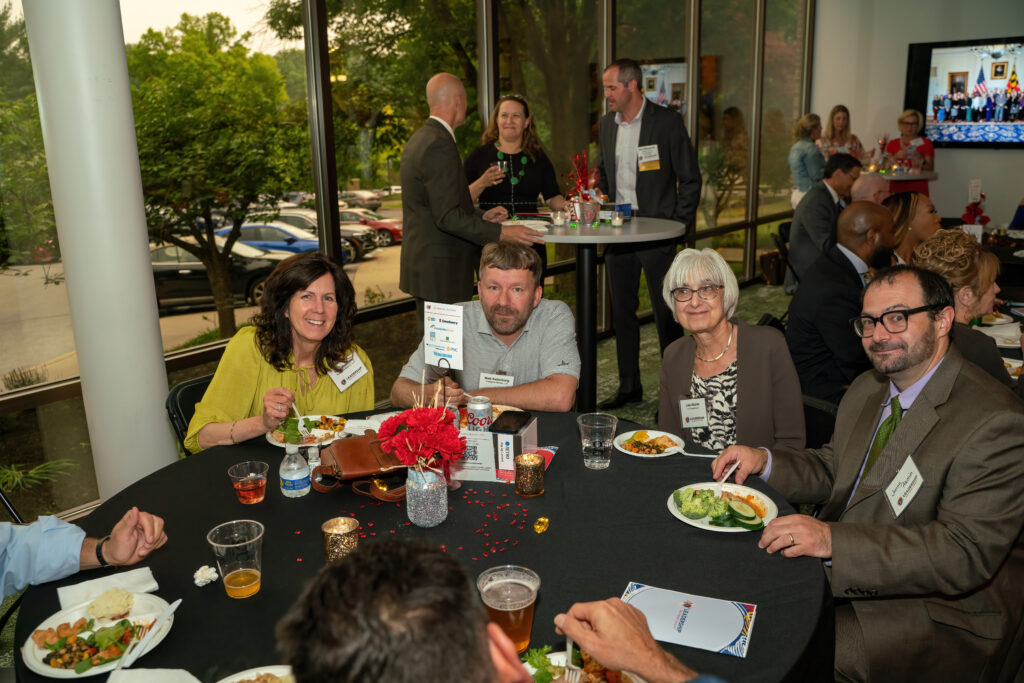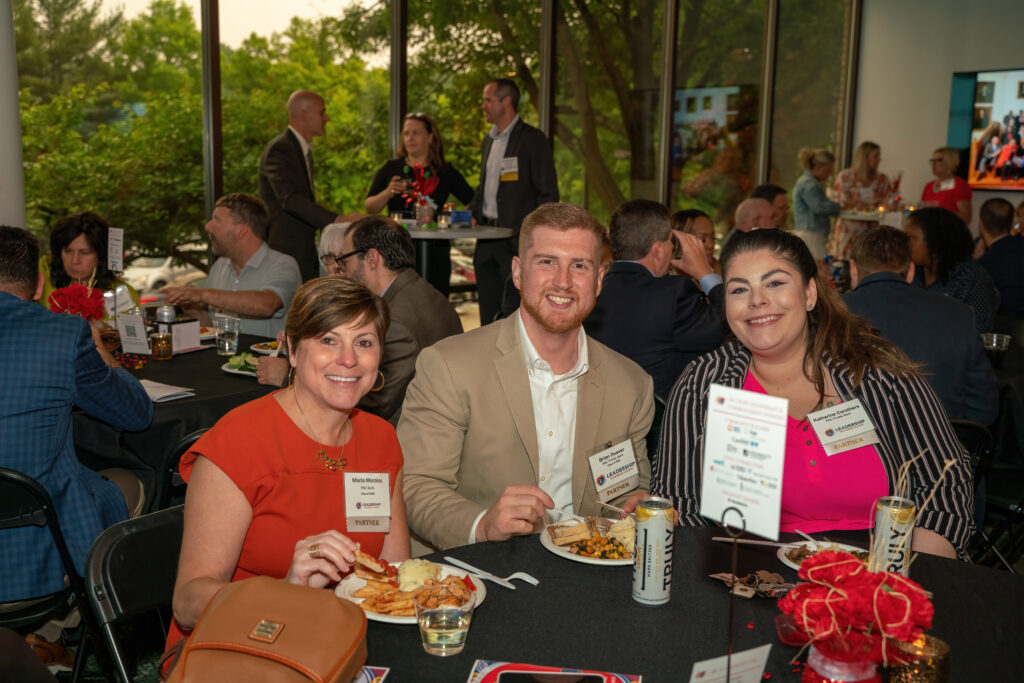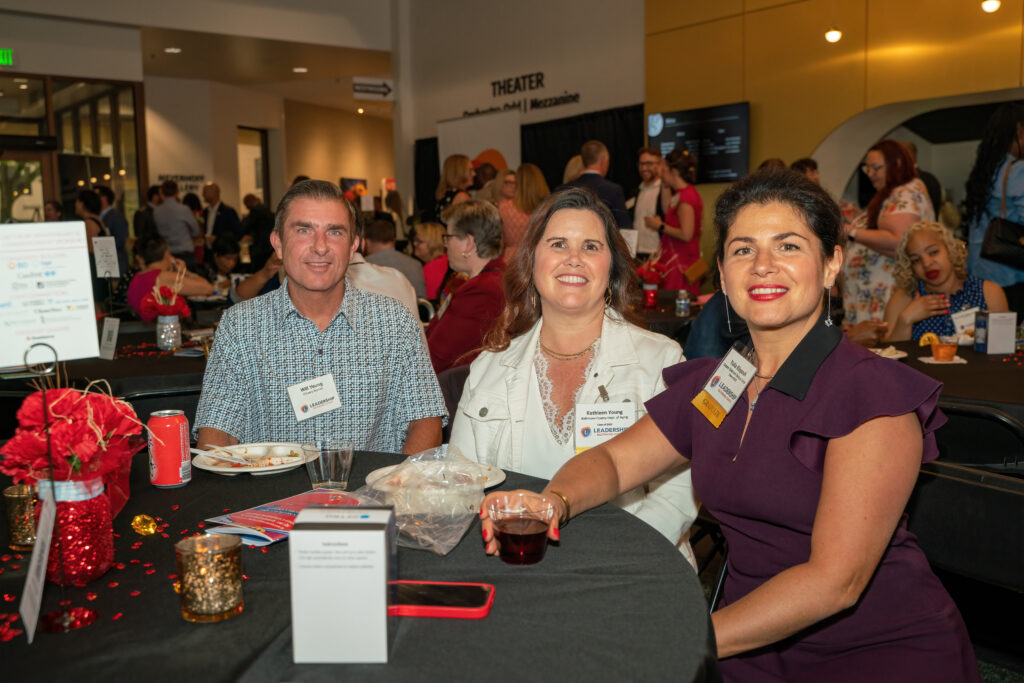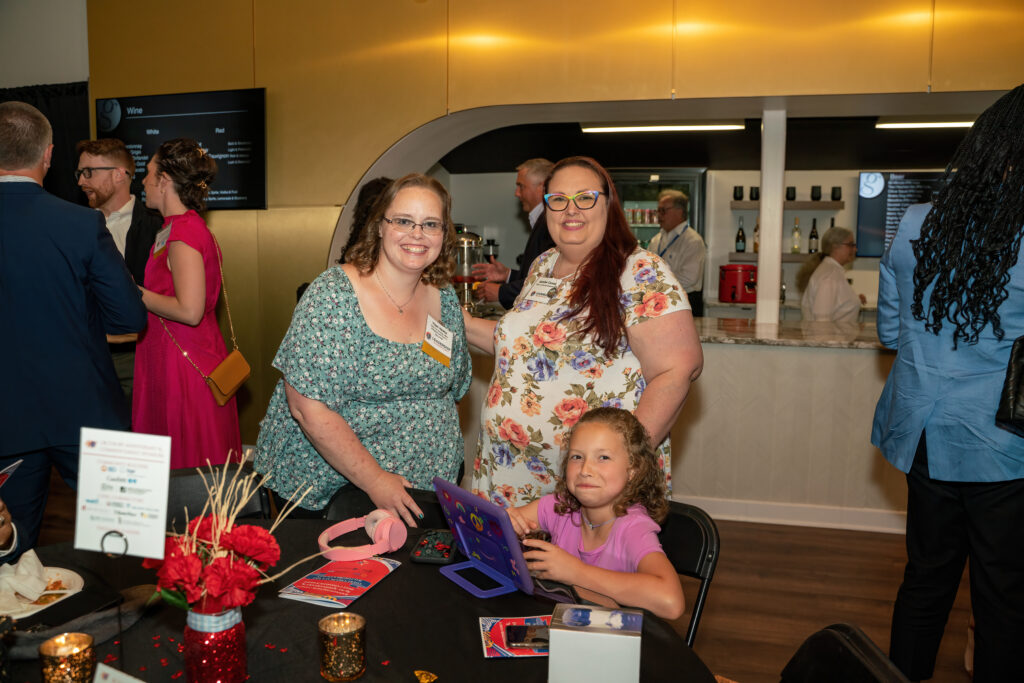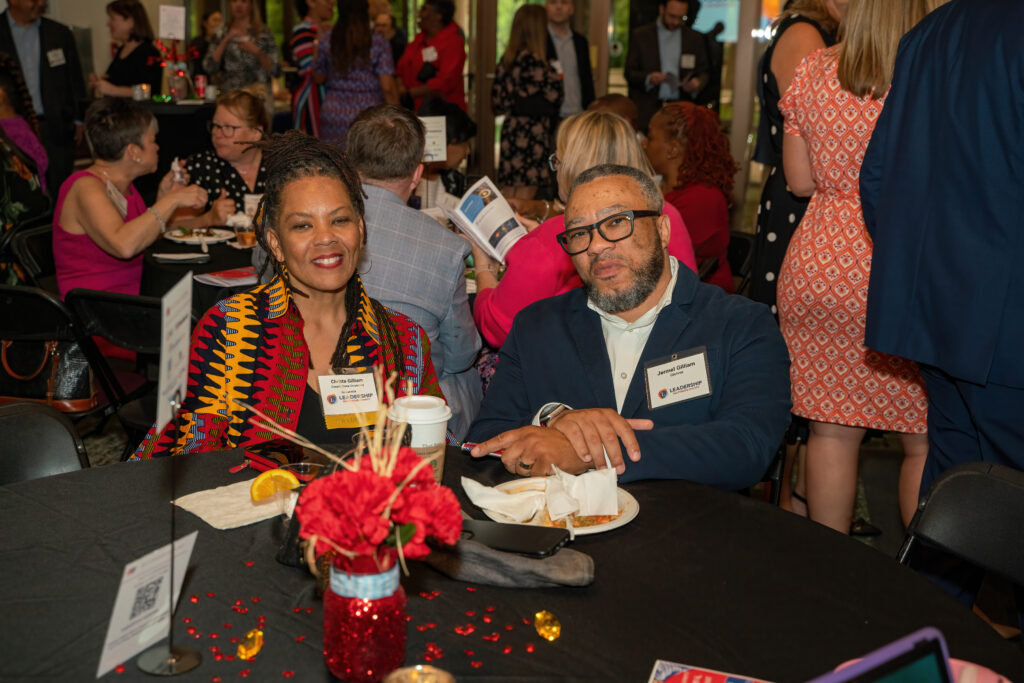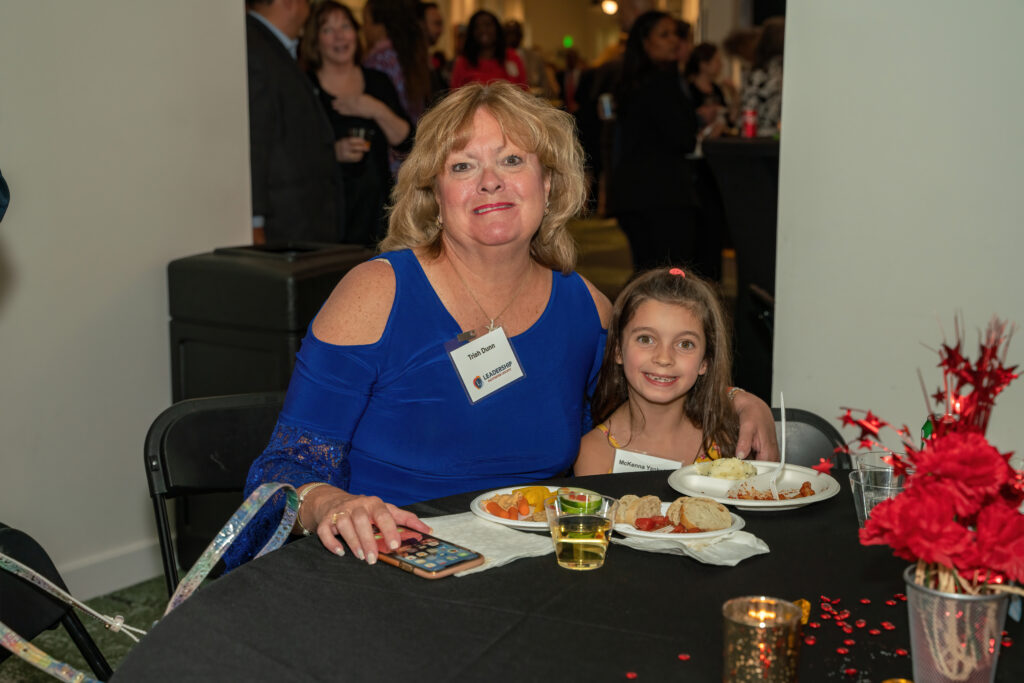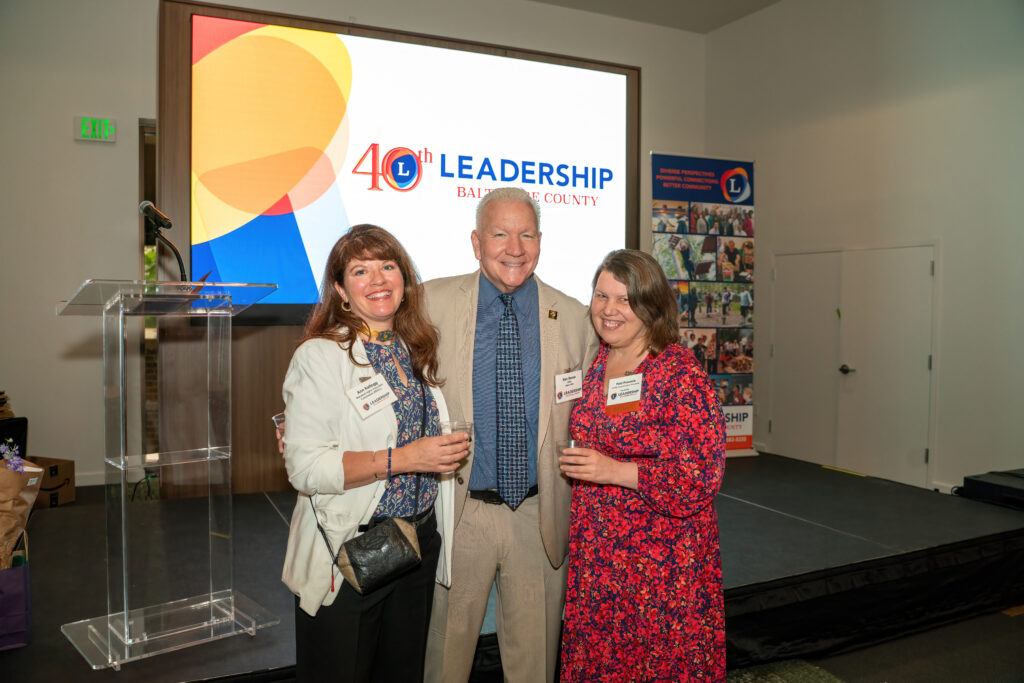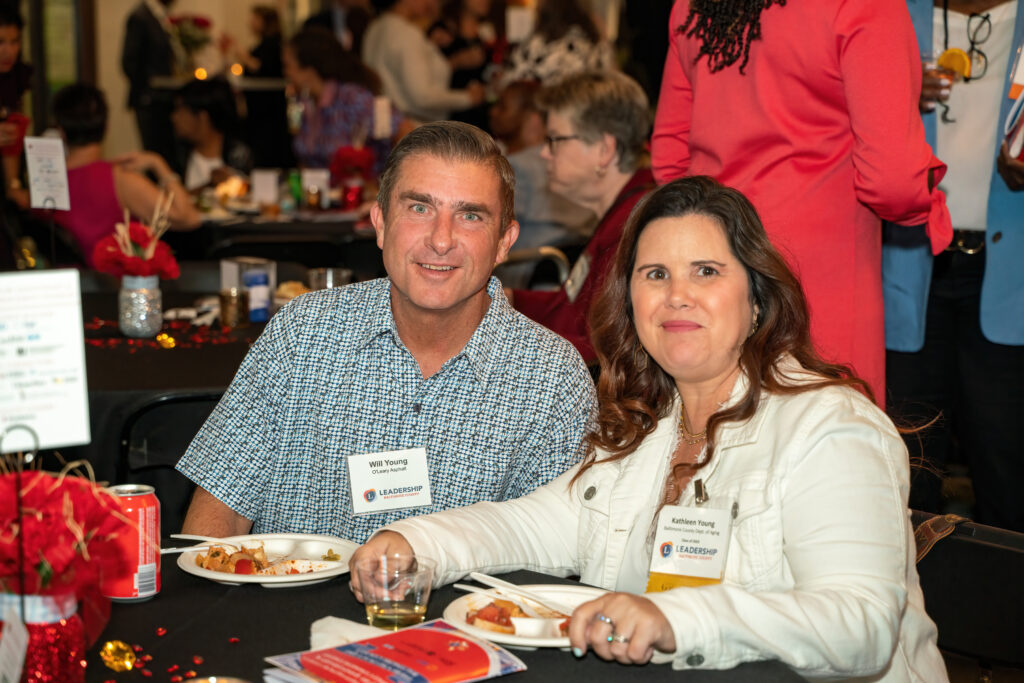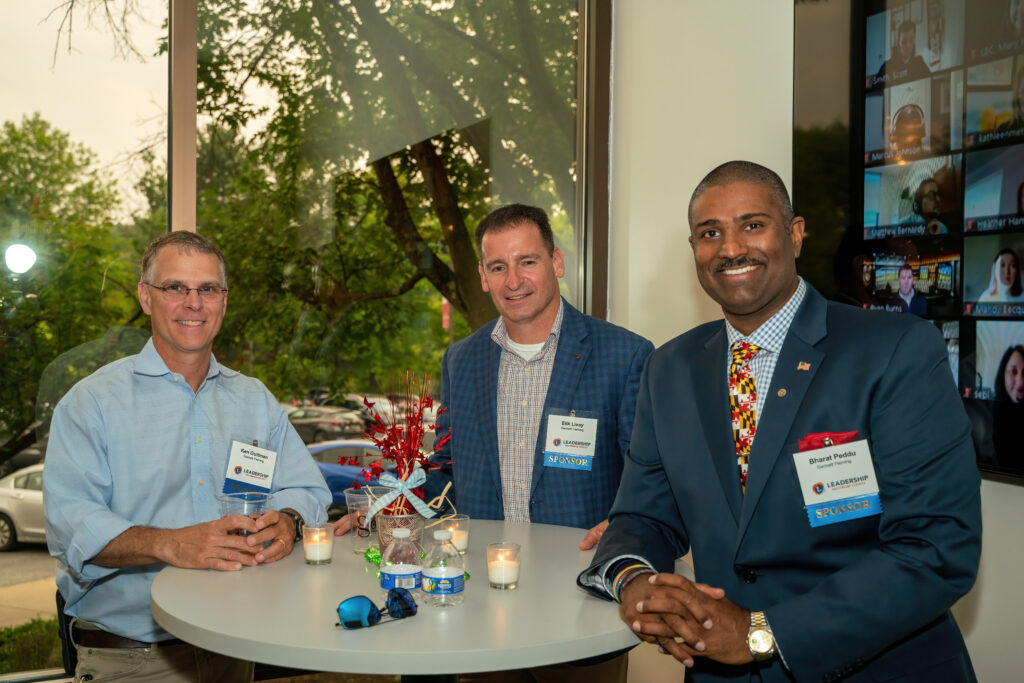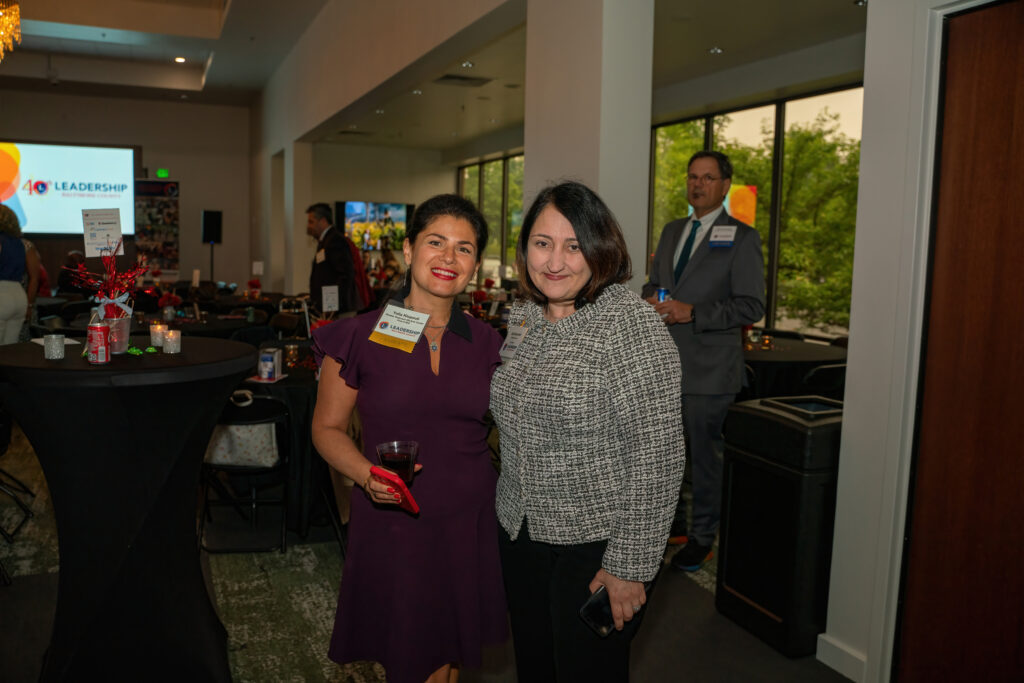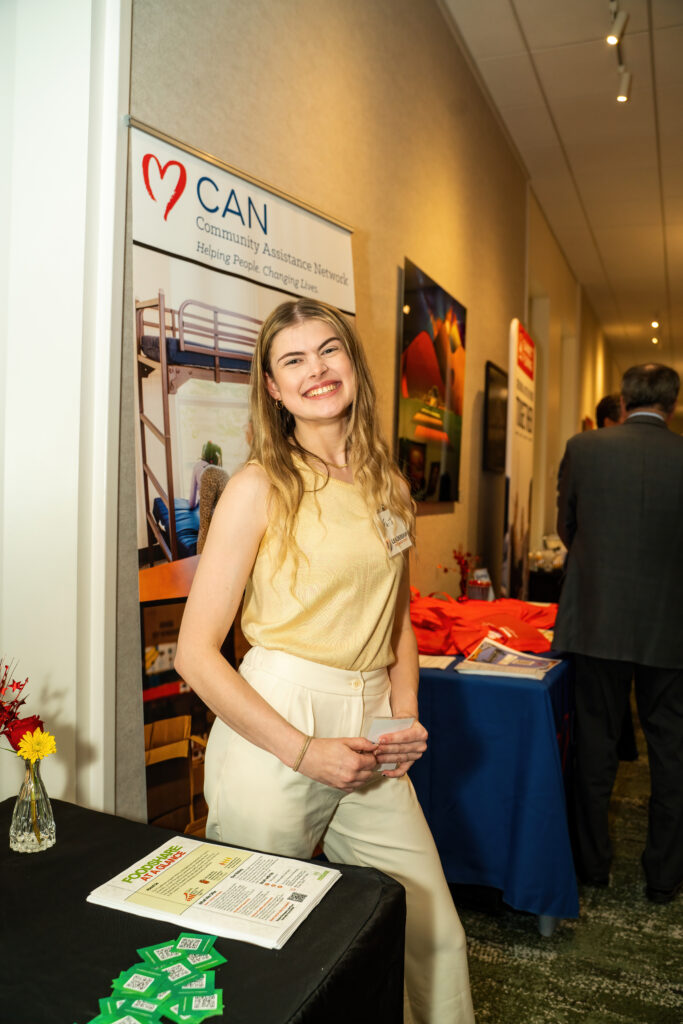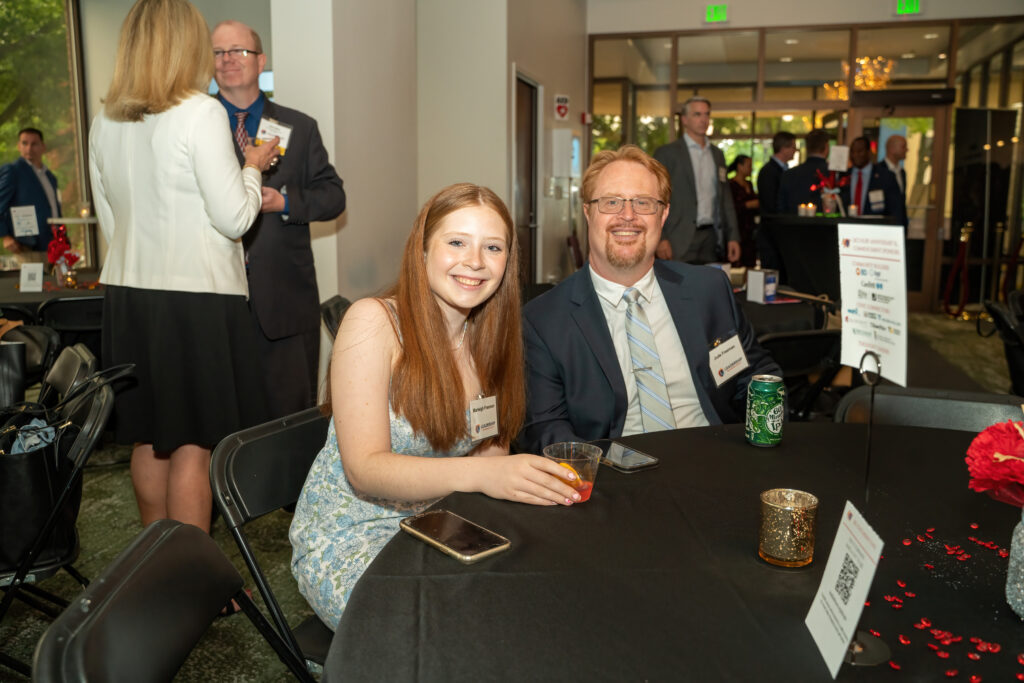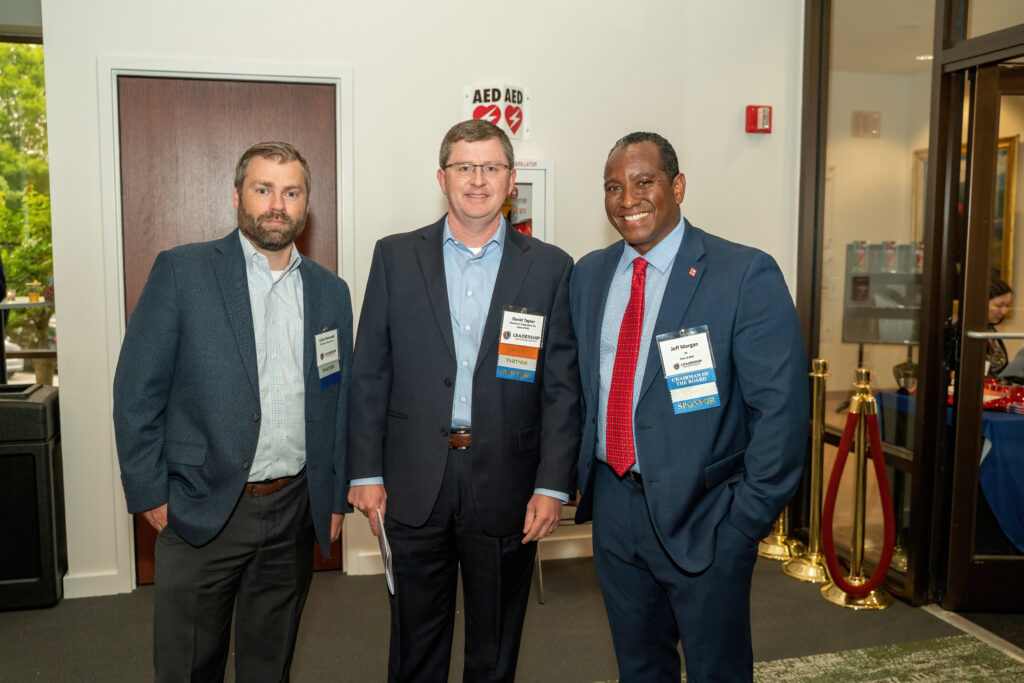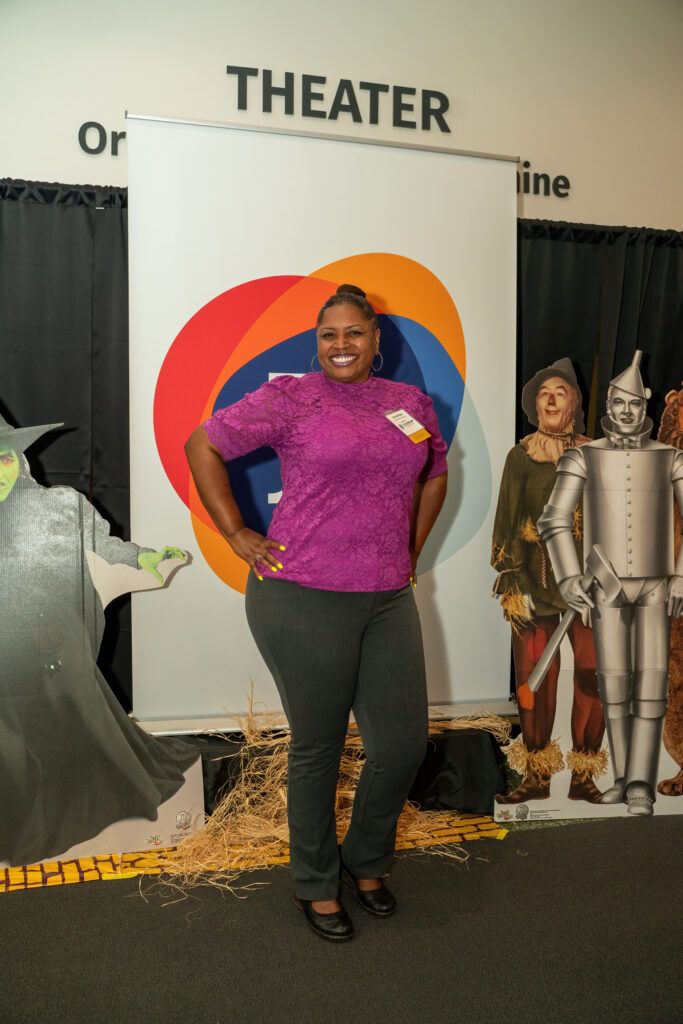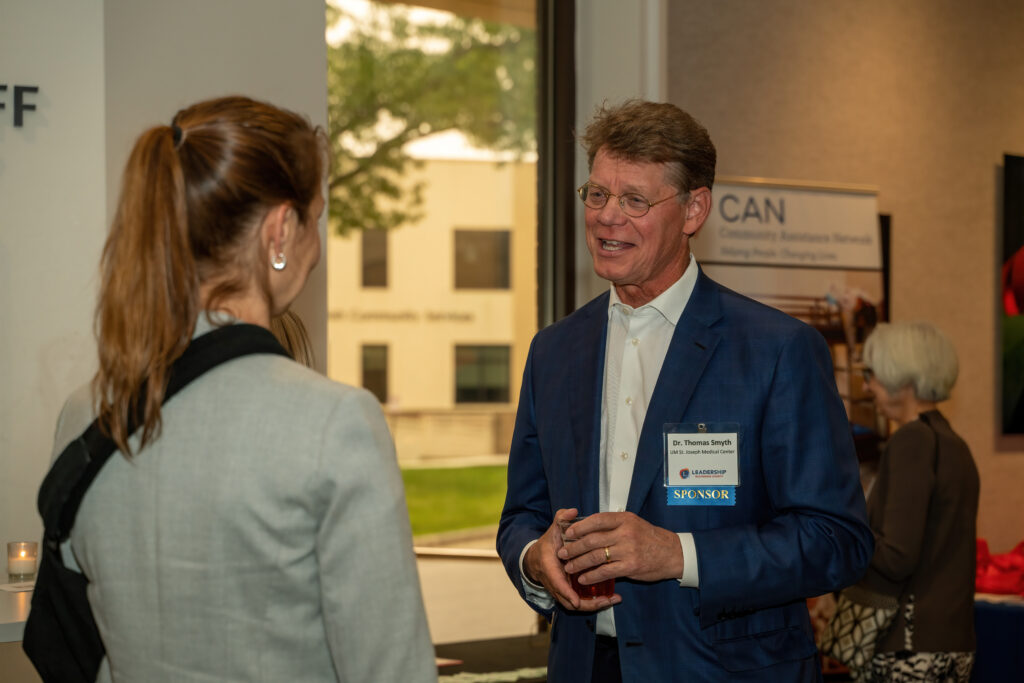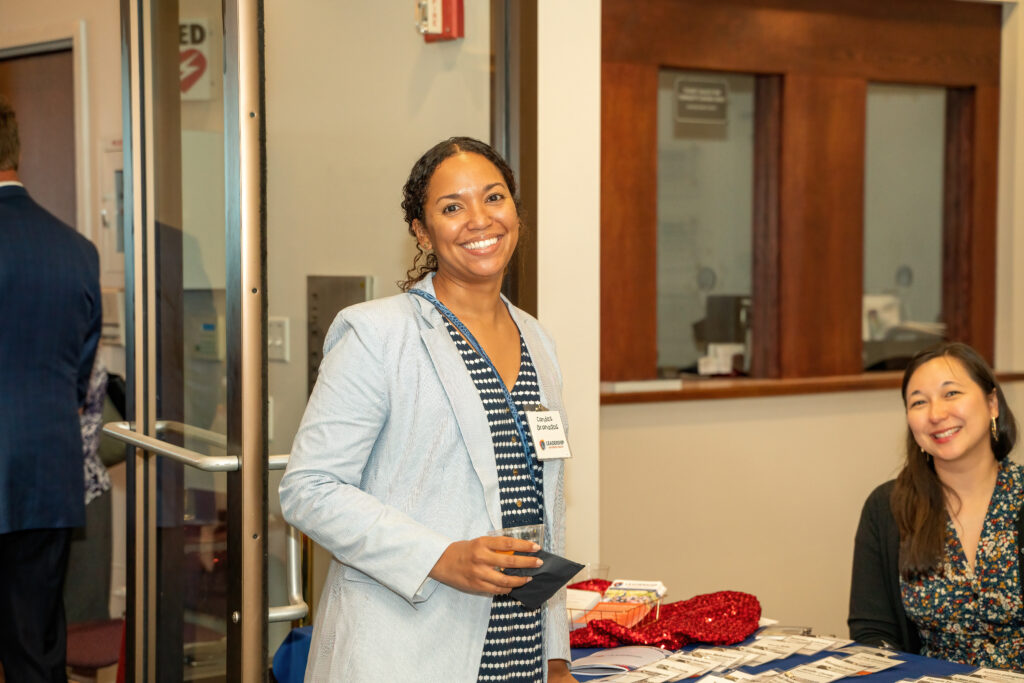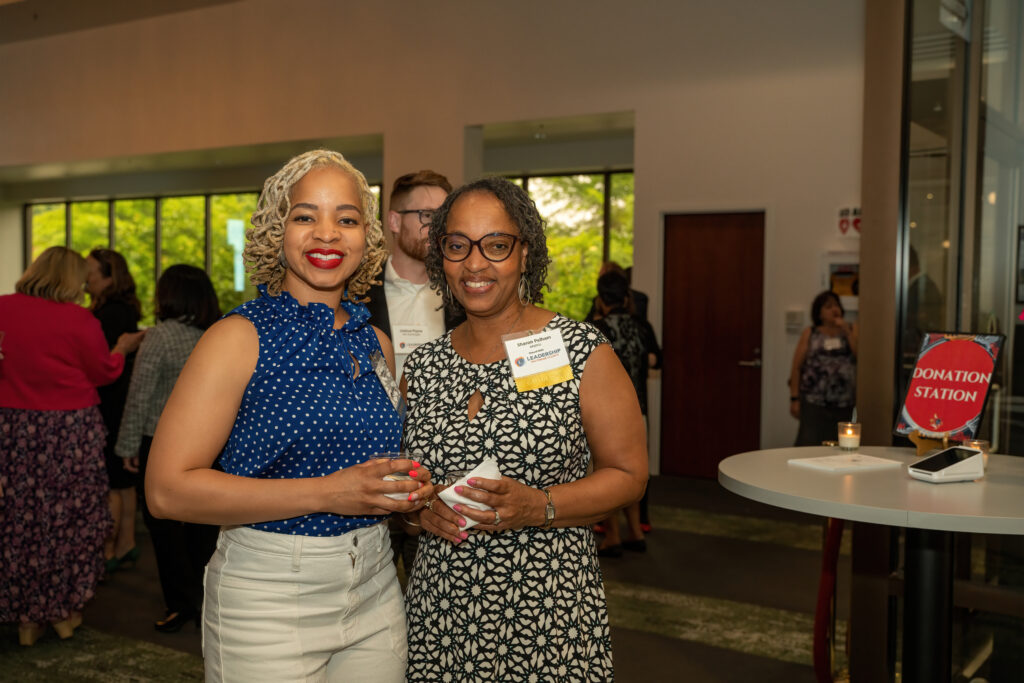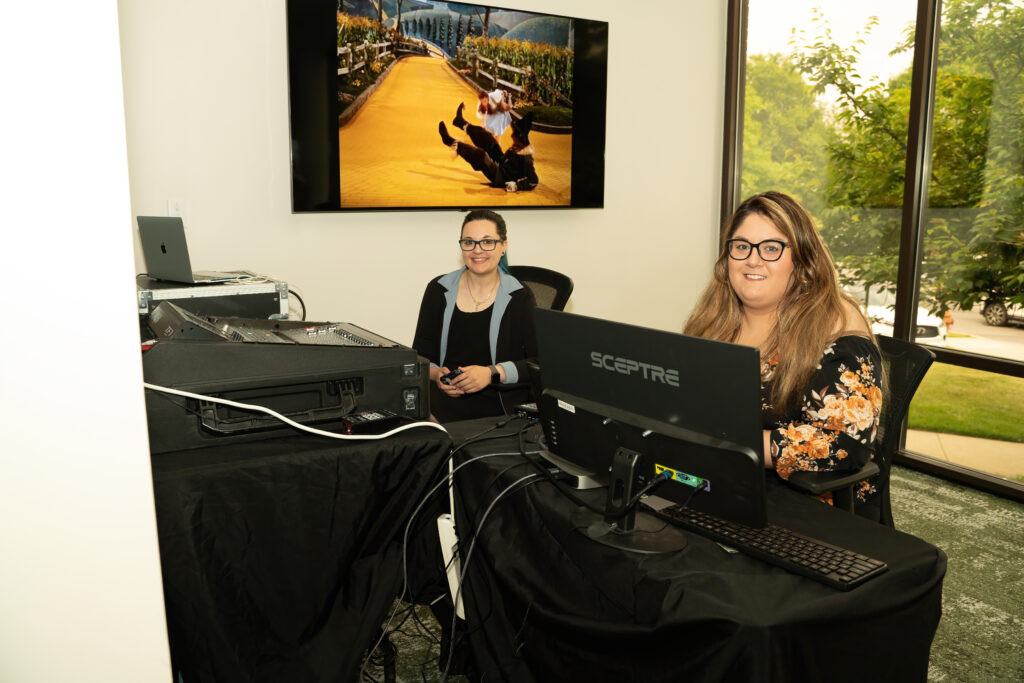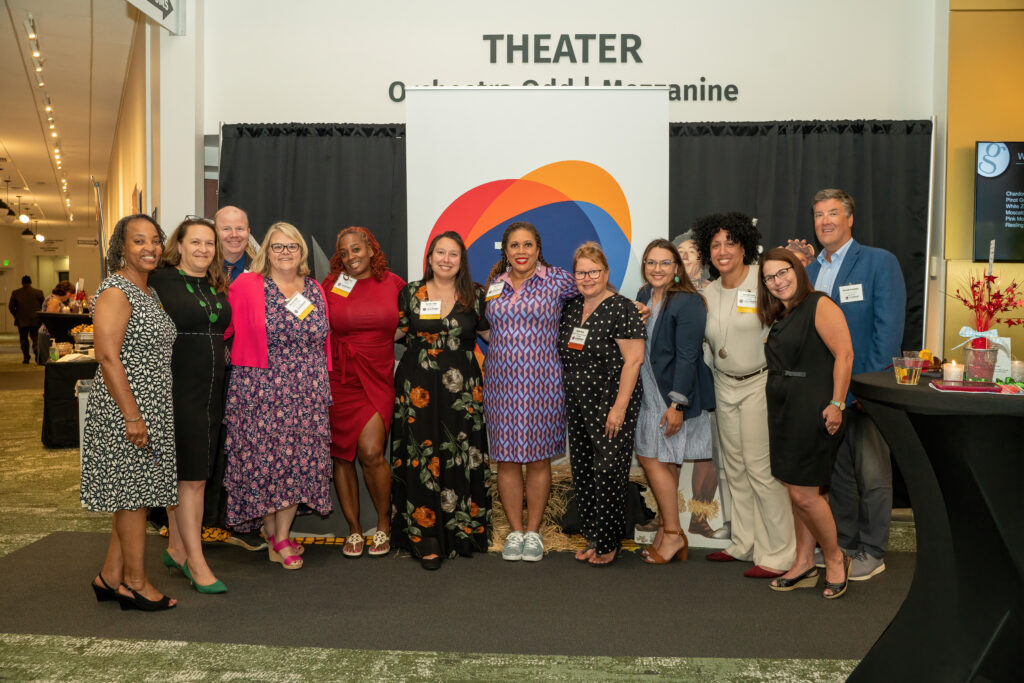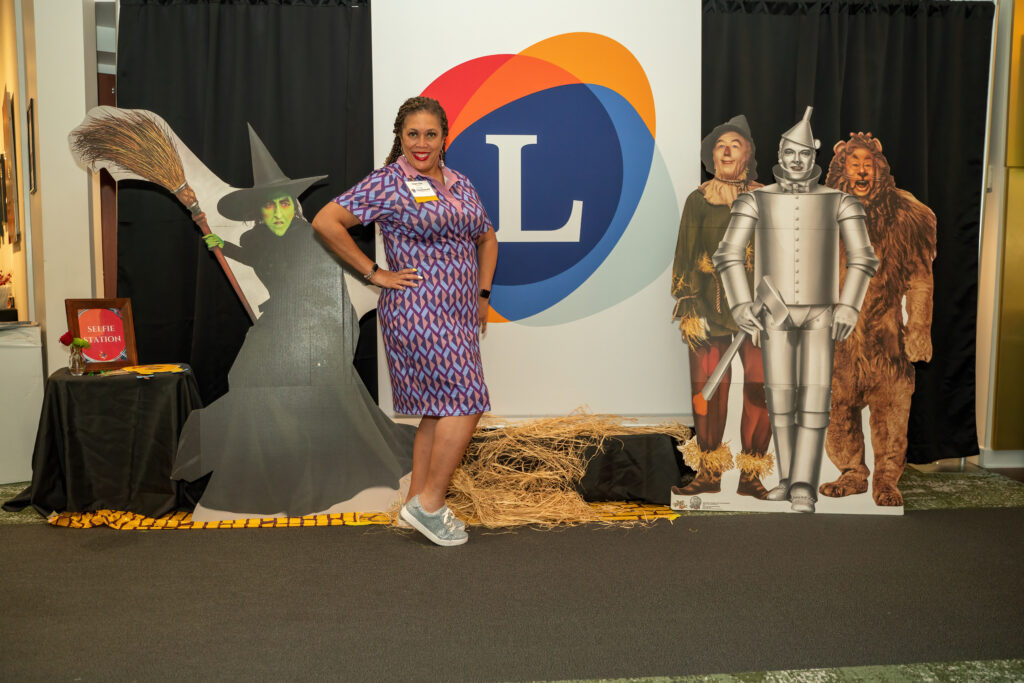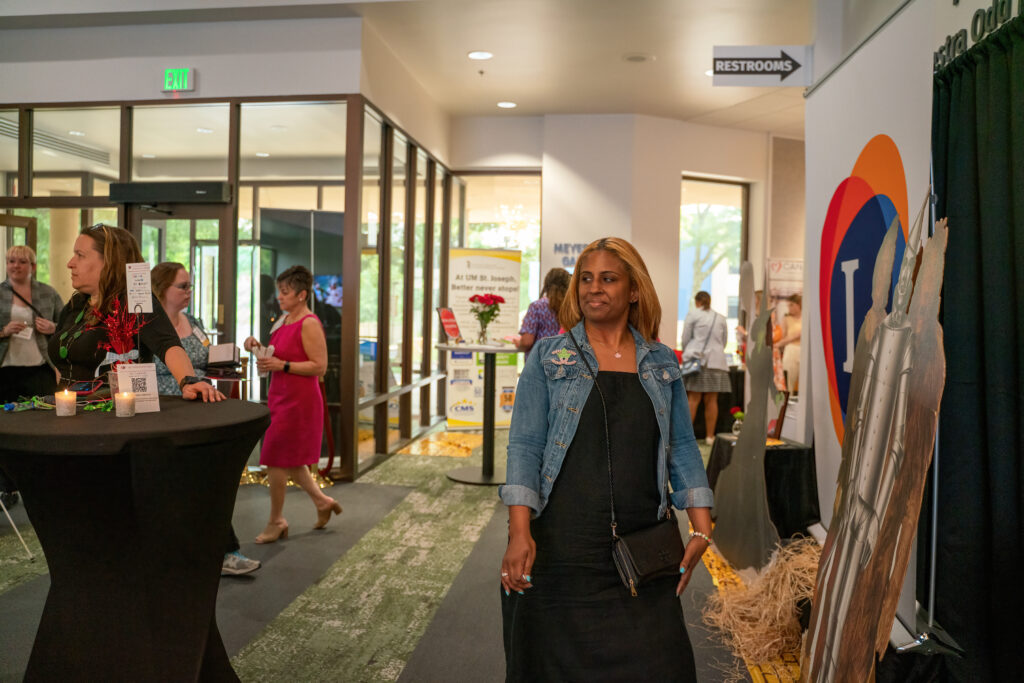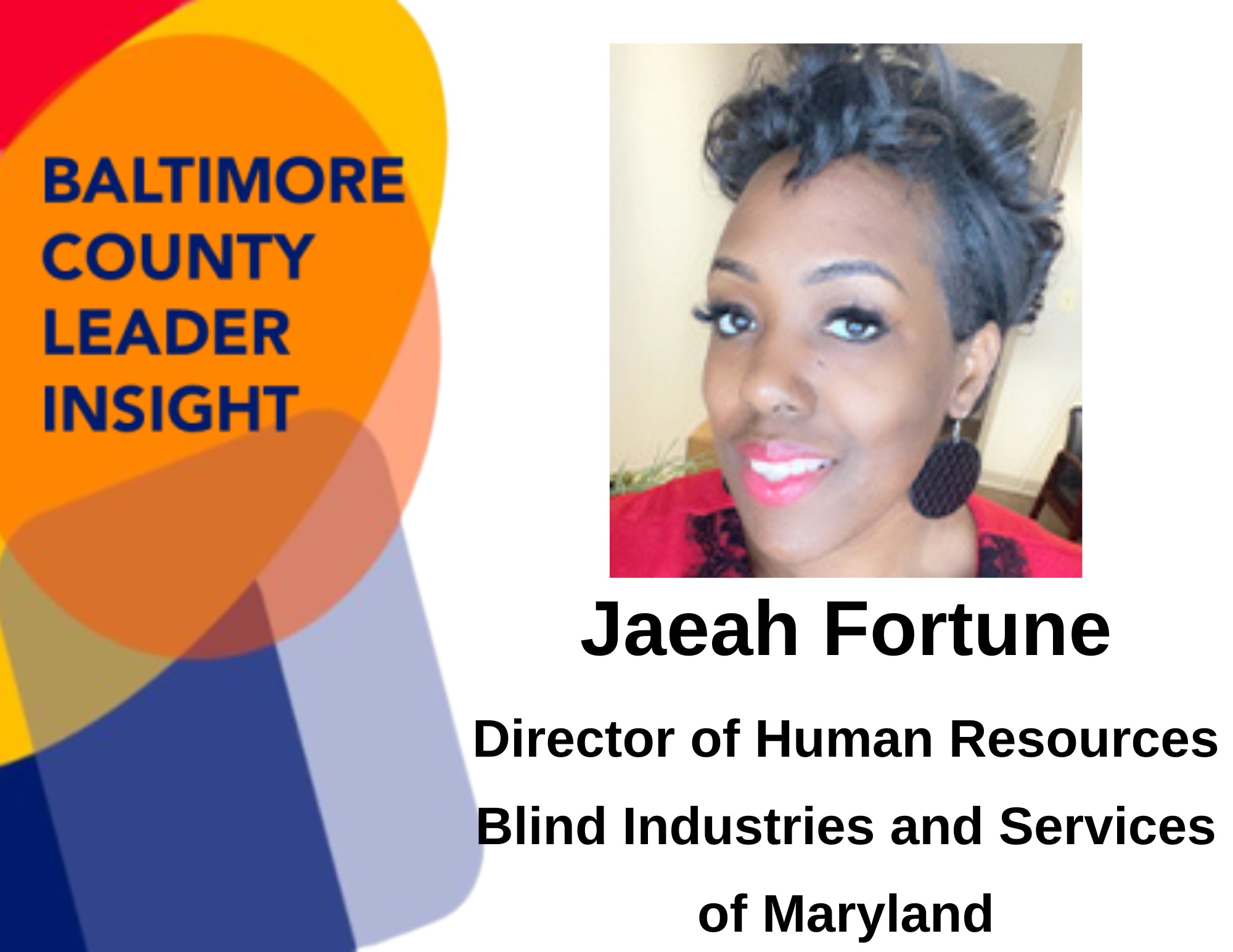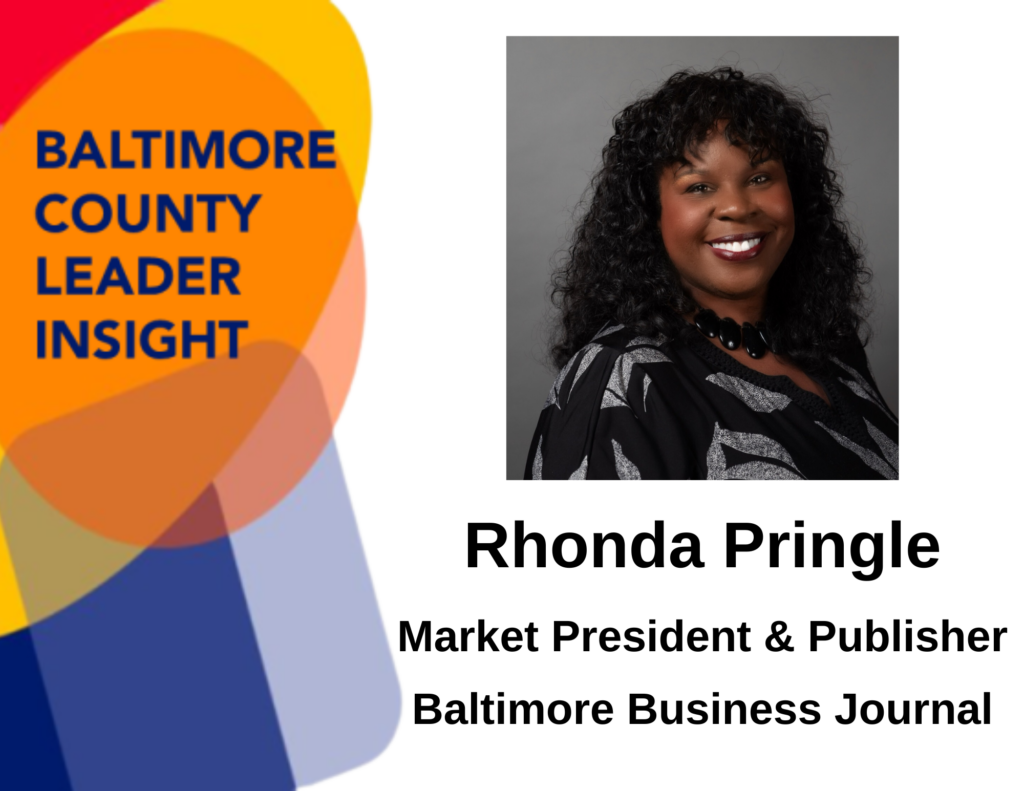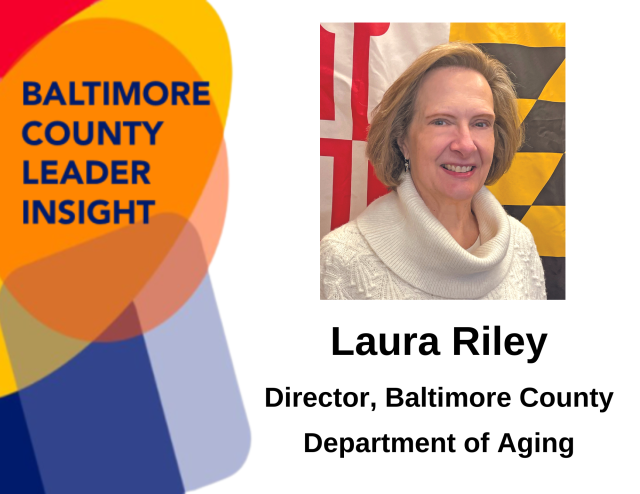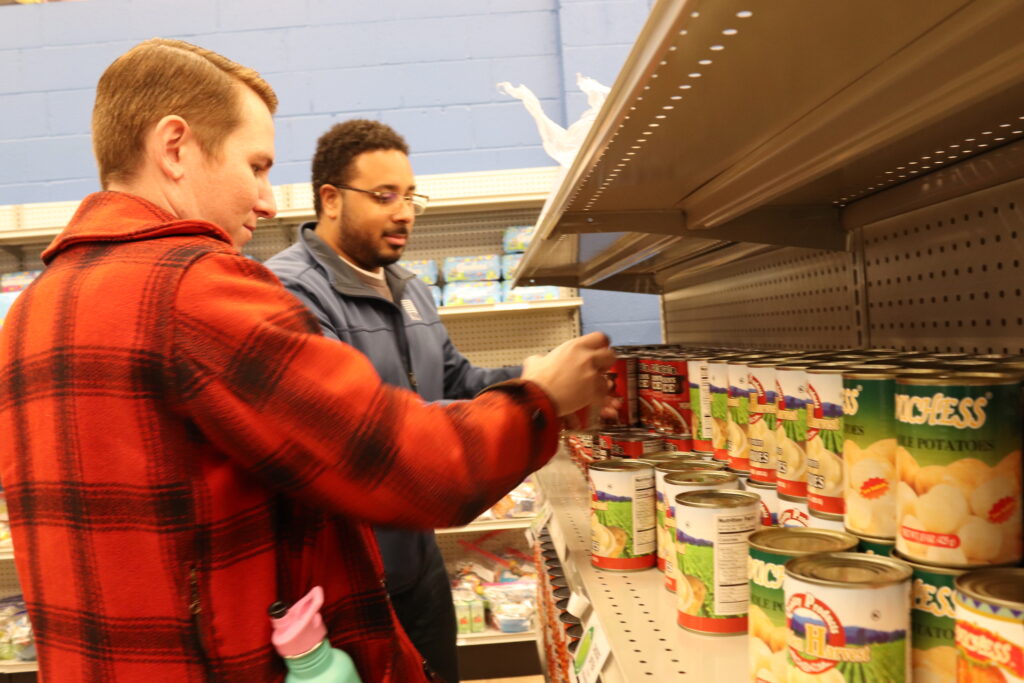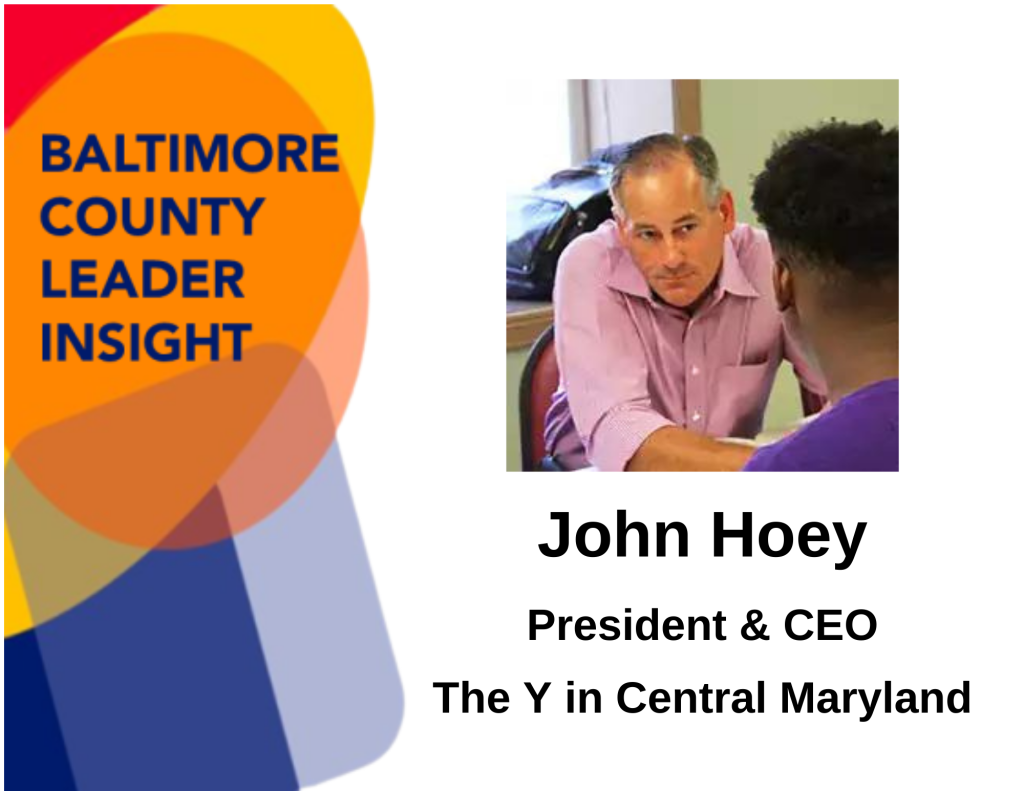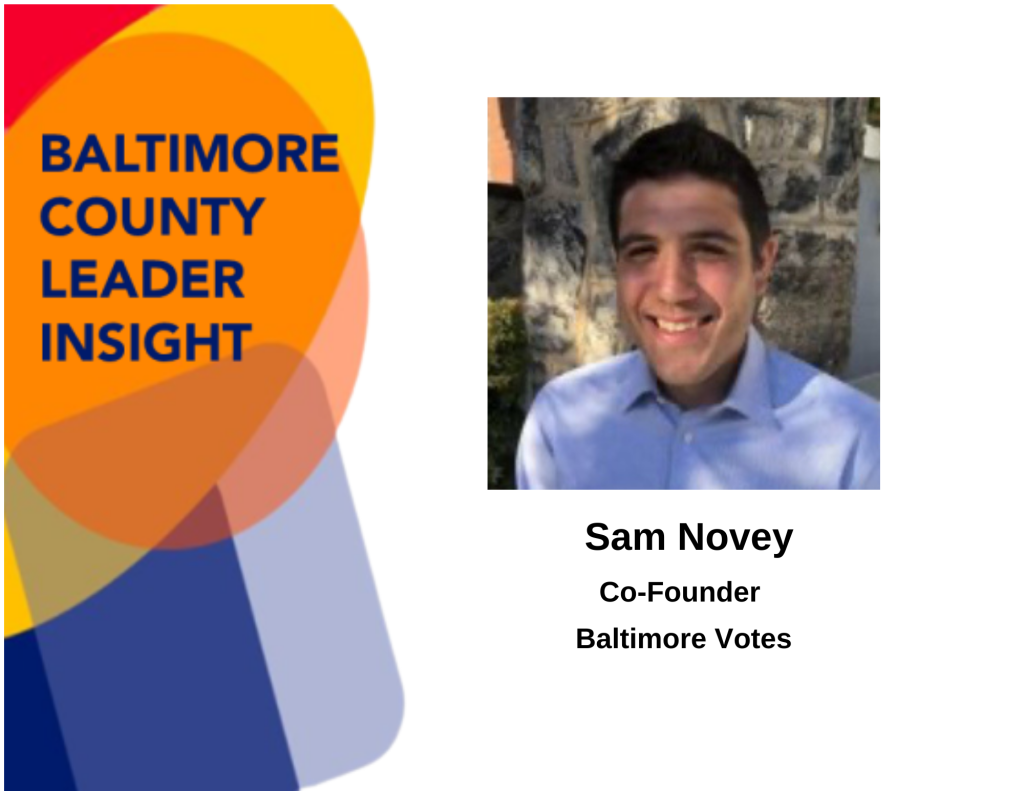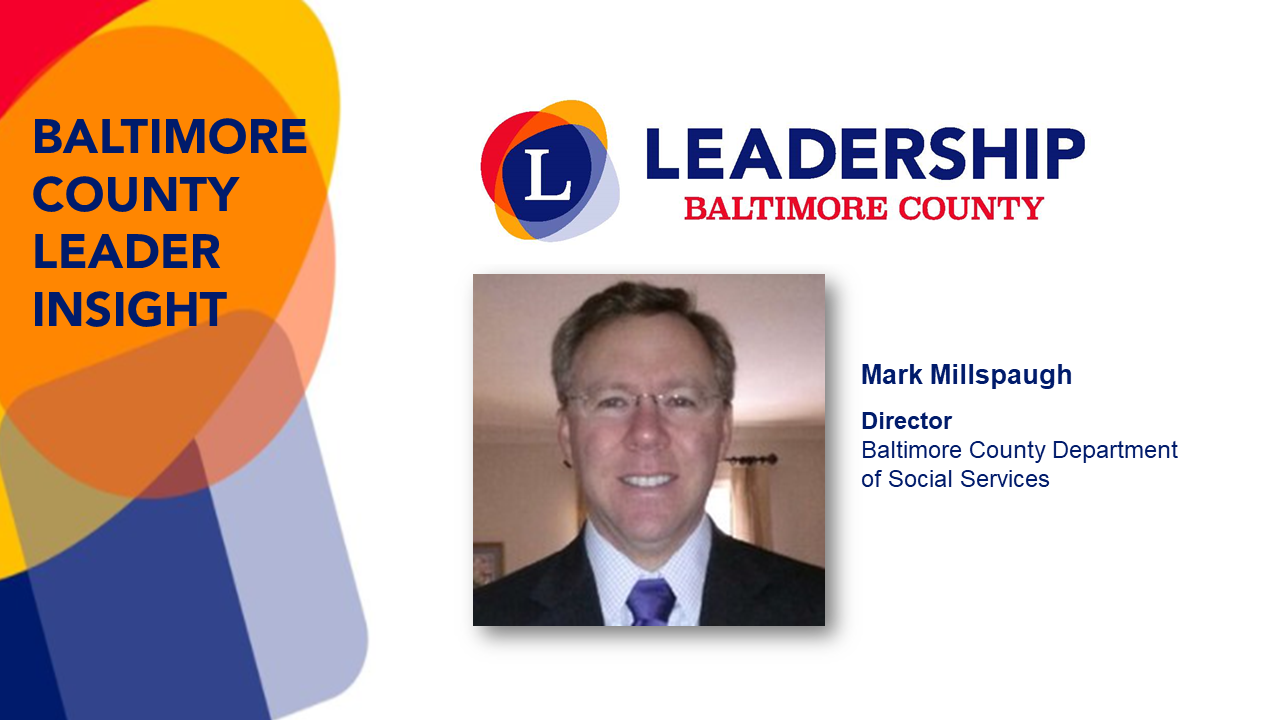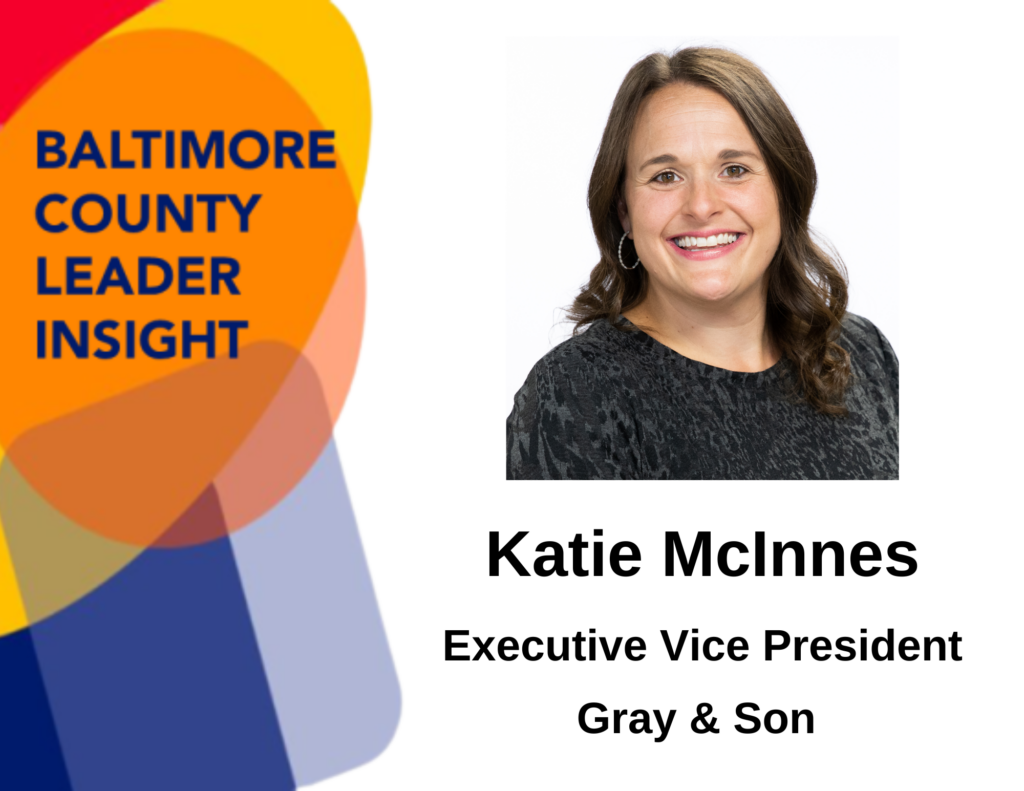
A Special Interview: July 2023
What do you feel is the greatest challenge in Baltimore County and how does it impact you and your work?
There are many important challenges in the county and the region so it’s hard to pick one. From my company’s perspective, I would like to see more value in the taxes that we pay. I am in the asphalt and paving business so the need to keep our road maintenance programs fully funded and functioning is extremely important to me. This creates and provides jobs. It also keeps motorists and tax-paying citizens safe.
How does your work as a civic leader impact your work at Gray & Son?
Being present in the community has always been a very important part of our company values and to me personally. I believe giving back is good for the soul. It keeps things in perspective and helps one remember the big picture. I have been searching for a nonprofit to work with and recently joined the board of Turn Around, Inc. After spending time getting to know my LBC classmate, Turn Around Director Amanda Rodriguez, I learned more about Turn Around’s mission and felt a true connection. I knew in my heart it was meant to be. Being part of a nonprofit has and will continue to help me develop as a leader, as the nonprofit and for-profit worlds are very different.
How did the LBC experience shape you?
My experience at LBC was very rewarding for me personally and professionally. I had to push myself out of my comfort zone. The 360 assessment was extremely helpful to me as a leader of my third-generation family business— which is very tricky, I promise. LBC opened my eyes to many challenges that Baltimore County faces and has pushed me to want to be more involved and aware of what’s going on in my community.
Why did you choose to become a Lifetime Alumni Member?
Connections and relationships! I’ve met some of the most inspiring people at LBC and I am so very thankful for the relationships I made during the program. I hope that I will make more through being a Lifetime Alumni Member.
What life experience has most shaped who you are as a leader?
I am not sure that I can say there is one single life experience that has shaped me as a leader. What I can tell you is who has shaped me as a leader. My grandfather and my father are the two most hardworking and giving people I have ever known! Their work ethic and integrity are what have made Gray & Son the reputable company that it is today. I am proud to help carry on in their footsteps. I hope my girls will feel the same way one day.
In your opinion, what personal trait is most important to being a good leader and why?
Different leaders have different styles and that is what makes a good leadership team. At Gray & Son, our leadership team has a variety of traits that make us whole. My personal trait is being compassionate and having integrity. I want my employees to always know that I am fair, that they are part of the family, and that we know that they are our greatest asset.

